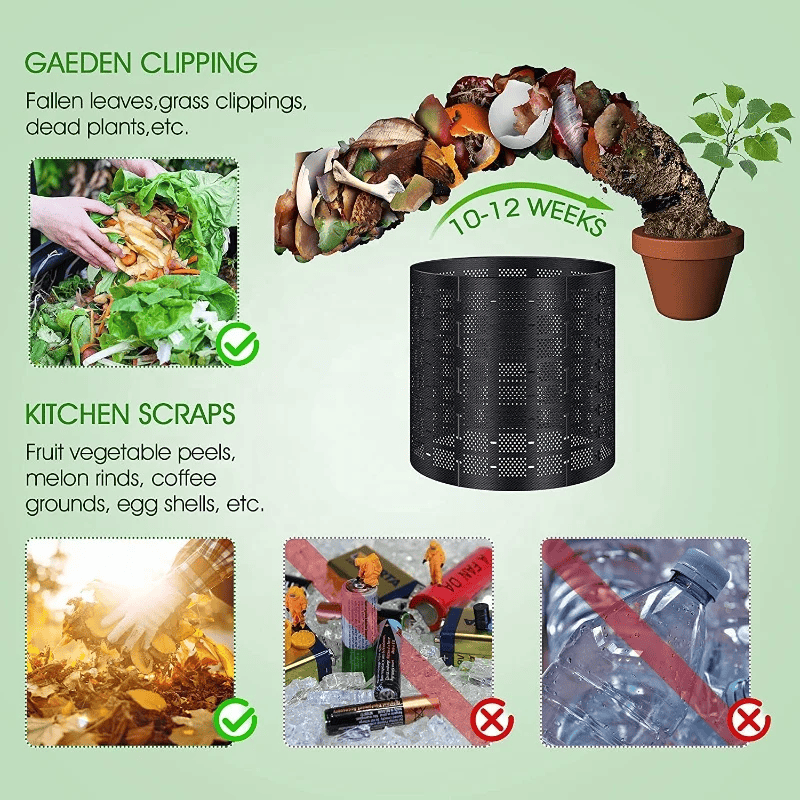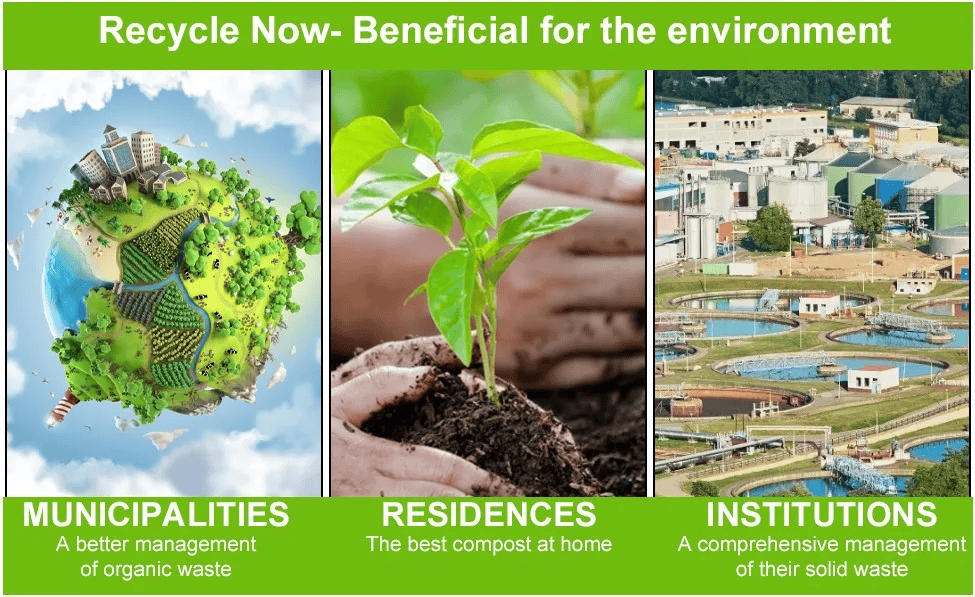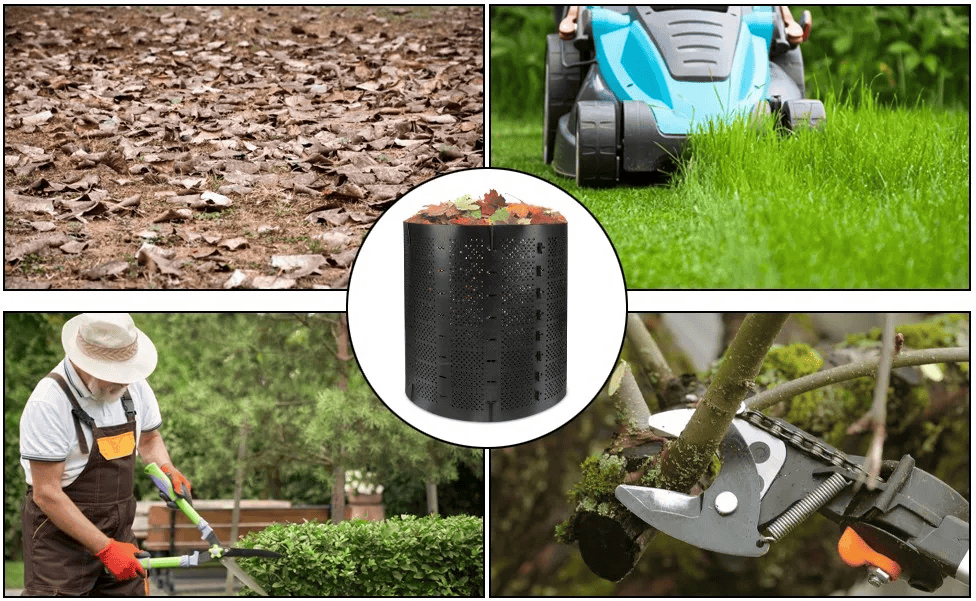In today’s rapidly evolving world, efficient and eco-friendly waste management solutions are more important than ever. Compost bins have emerged as a game-changer in this domain, offering durability, versatility, and sustainability. In this article, we will explore what compost bins are, their key advantages, and why they are an ideal choice for businesses and households alike.

What Are Compost Bins?
Compost bins are containers designed to facilitate the decomposition of organic waste, such as food scraps and garden clippings, into nutrient-rich compost. These bins create an optimal environment for microorganisms to break down organic materials, producing a natural fertilizer that can be used to enrich soil. Compost bins come in various shapes, sizes, and designs, catering to the needs of residential and commercial users alike. The materials used for these bins often include durable plastic, metal, or wood, ensuring long-term usability.
The science behind composting involves a balance of “greens” (nitrogen-rich materials like vegetable scraps) and “browns” (carbon-rich materials like dry leaves). This mix ensures proper decomposition and reduces unpleasant odors, making composting manageable even for beginners.

Advantages of Compost Bins
- Reduction in Waste Compost bins divert organic waste from landfills, reducing the amount of garbage that contributes to methane emissions and environmental degradation. By composting, you can significantly cut down on your household or business waste output. For instance, a single household can divert hundreds of pounds of organic waste annually.
- Soil Enrichment The compost produced in these bins is rich in nutrients and beneficial microorganisms, making it an excellent natural fertilizer for gardens and farms. It improves soil structure, increases water retention, and promotes healthy plant growth. Plants grown in compost-enriched soil often exhibit greater resilience to pests and diseases.
- Cost Savings By composting organic waste, you can reduce the need for chemical fertilizers and minimize garbage disposal costs. This is particularly beneficial for agricultural businesses and large households. Over time, the savings on fertilizers and waste management fees can offset the initial cost of a compost bin.
- Environmental Benefits Composting reduces greenhouse gas emissions by keeping organic waste out of landfills. Additionally, it helps close the loop on food systems by returning valuable nutrients to the soil. This process not only conserves resources but also promotes biodiversity by improving soil health.
- Customizable and Scalable Compost bins come in various sizes and designs, from small kitchen countertop containers to large outdoor composters. This flexibility allows users to choose a system that fits their specific needs and available space. Some advanced bins even include features like aeration systems and pest-resistant designs.
- Educational Opportunities Composting offers a hands-on way to teach individuals, especially children, about waste management, sustainability, and the natural recycling process. Schools and community groups often use compost bins as educational tools, fostering environmental awareness among younger generations.

Applications of Compost Bins
Compost bins are incredibly versatile and can be used in various settings:
- Residential Areas: Ideal for households looking to reduce waste and create compost for home gardens. Compact bins can fit even in small urban spaces, making composting accessible to apartment dwellers.
- Commercial Spaces: Perfect for restaurants, grocery stores, and offices that generate significant organic waste. Large-scale compost bins can handle higher volumes effectively.
- Farms and Gardens: Essential for agricultural operations aiming to create natural fertilizers and reduce reliance on chemical inputs. Many farms use windrow composting techniques with specialized bins.
- Community Projects: Commonly used in community gardens and urban farming initiatives to promote local sustainability efforts. These projects often inspire collective action and environmental stewardship.

Why Choose Compost Bins Over Traditional Disposal Methods?
Traditional waste disposal methods, such as sending organic waste to landfills, are not sustainable in the long term. Landfills contribute to pollution, emit greenhouse gases, and waste valuable resources. Compost bins, on the other hand, transform waste into a beneficial product, reducing environmental impact and fostering a circular economy.
Furthermore, composting creates a tangible connection between waste and resource recovery. It encourages individuals and organizations to rethink their consumption patterns and adopt more sustainable practices.
Please click here if you are interested in purchasing it.






